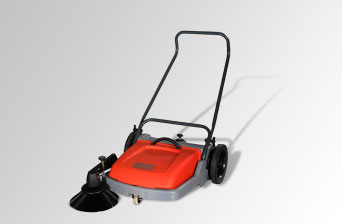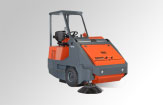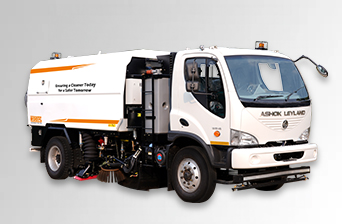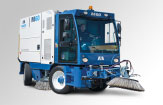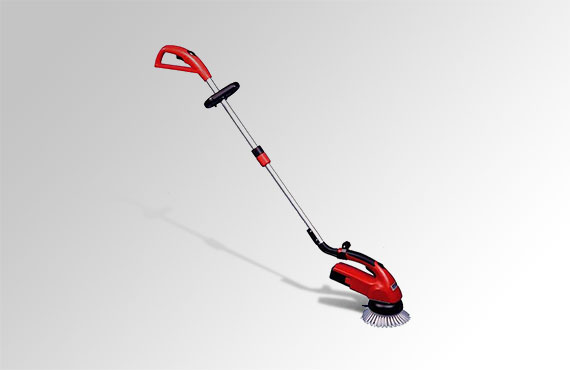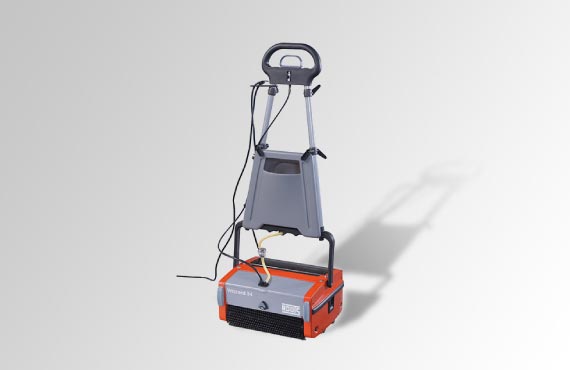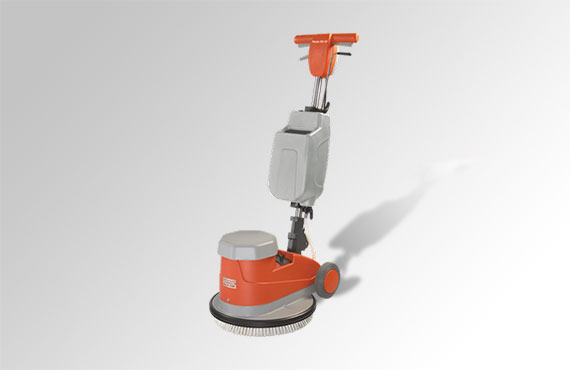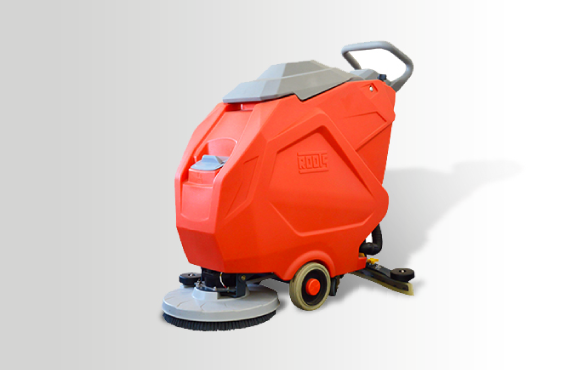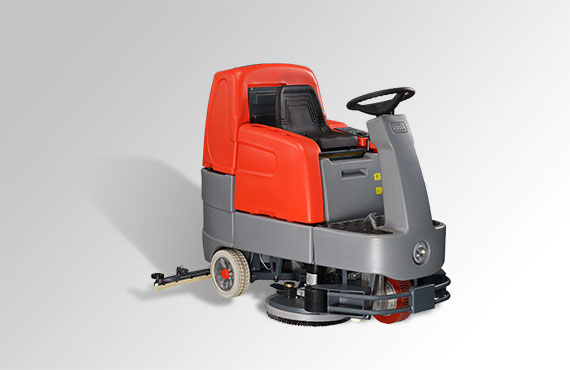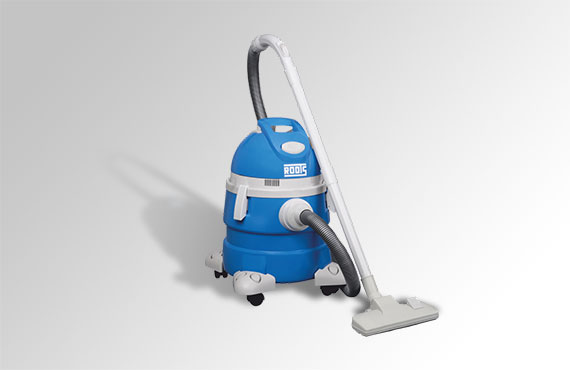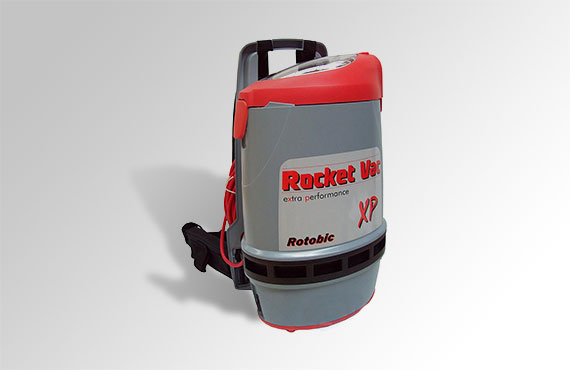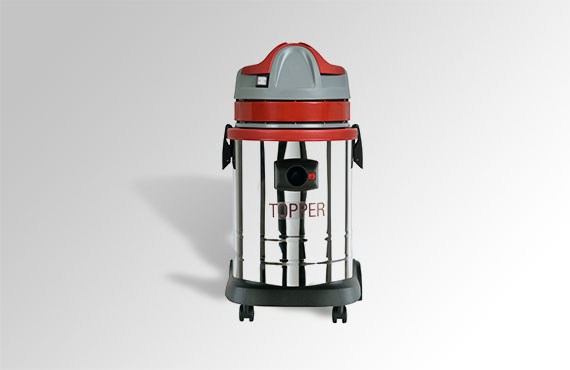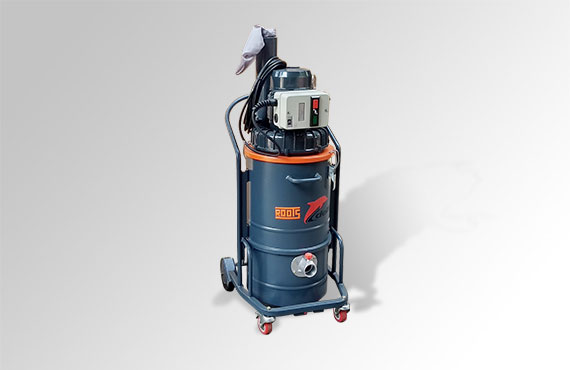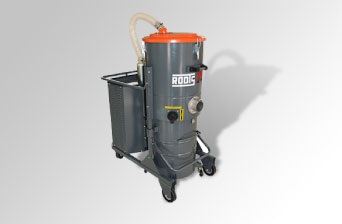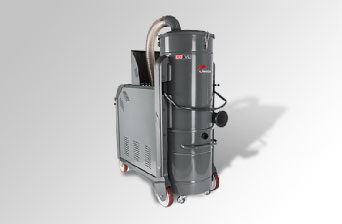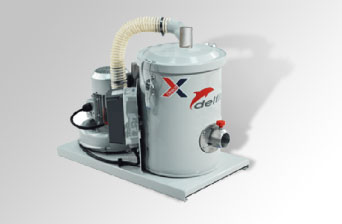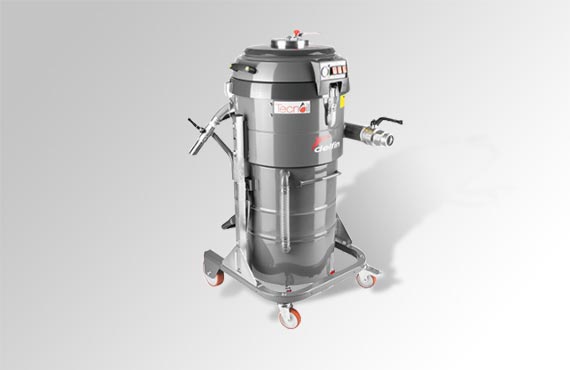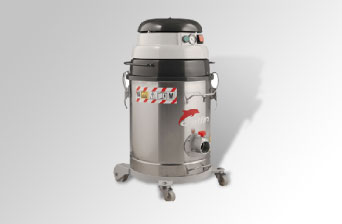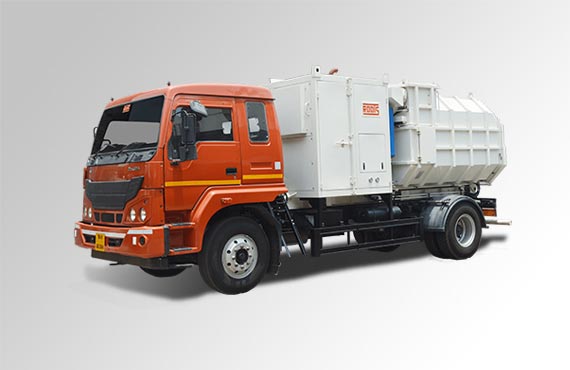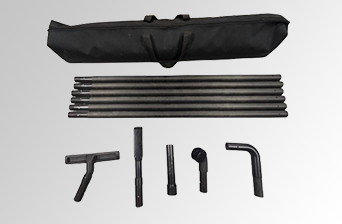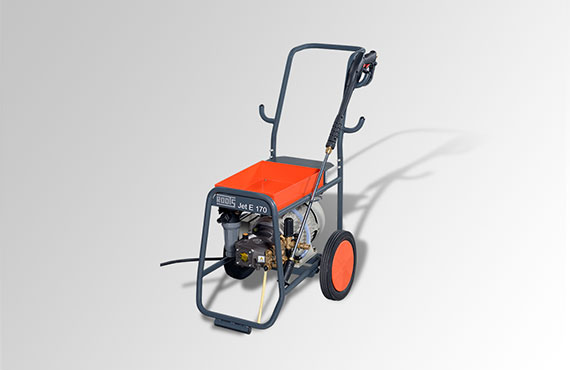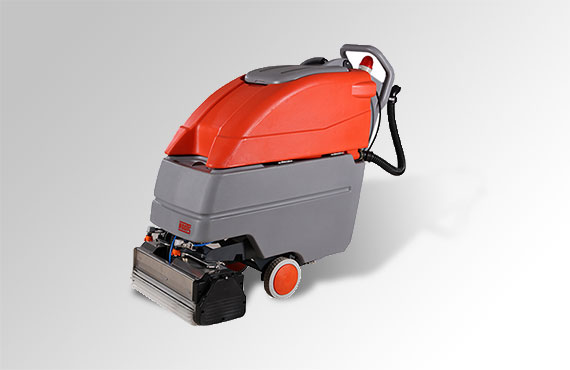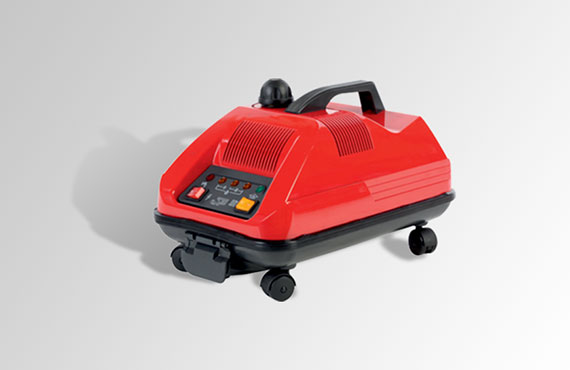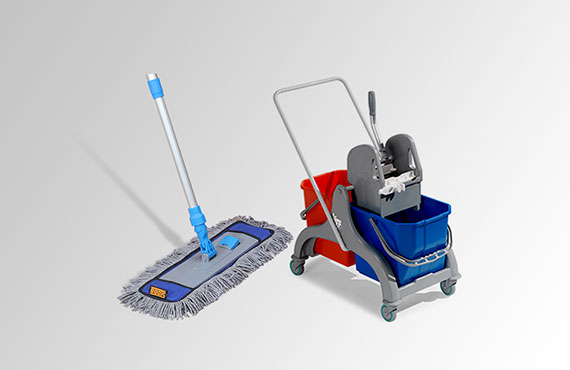HOW TO IDENTIFY IF YOUR INDUSTRIAL VACUUM CLEANER HAS A PROBLEM
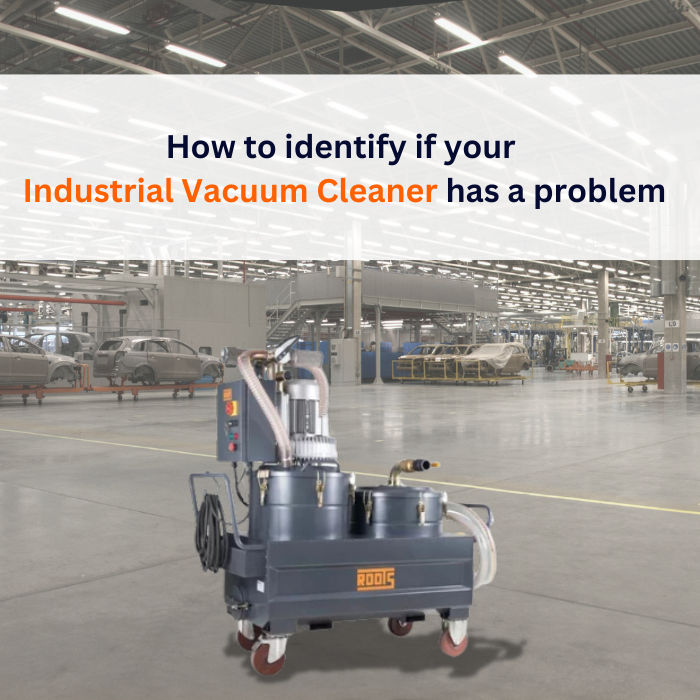
Industrial vacuum cleaners are very important equipment in any industrial sector and should be kept clean and efficient in every section of an organisation. Similar to all other types of industrial cleaning equipment, industrial vacuum cleaners also wear out with time. Therefore, it is necessary to know how to identify issues early if you want to keep the heavy-duty industrial vacuums in their best form of operation. In this guide, we’ll look into signs that your industrial vacuum cleaner might be malfunctioning and how to address it right on time.
Reduction in suction power
One of the most obvious signs that your industrial vacuum system has a problem is a significant reduction in suction power. For three-phase industrial vacuum cleaners, the lack of suction could be due to several factors:
Blocked filters: Filters tend to clog over time with dust and debris, causing a decrease in airflow.
Blocked hoses: Check hoses for obstructions and have them cleared appropriately.
Unusual noises
While industrial vacuum cleaners do make noise in operation, an unusual or new sound may well indicate an existing problem. If your heavy-duty three-phase industrial vacuum cleaners start grinding or making other sibilant noises, then the following may well be the causes:
Worn-out bearings: Such elements can give rise to excessive noise and should be looked after frequently.
Loose parts: Vibration and rattling might indicate that the inner parts are becoming loose.
Malfunctioning fan: A malfunctioning fan could be making your machine inefficient and overheating, and it needs immediate attention.
Overheating
This is the big warning sign you may be having an issue with your industrial vacuum cleaner. Your machine overheating may be due to the following causes:
Blocked filters: Limited airflow makes the motor work too hard, which leads to overheating.
The motor faults: Your vacuum is generating too much heat because the motor is in bad condition, and hence it shortens your vacuum cleaner’s life
Less flexibility
Industrial vacuum cleaners that are designed to move, especially the heavy-duty industrial vacuum cleaner: If moving around your industrial vacuum cleaner becomes a hassle, then this means
Dull or broken wheels or casters: It may cause problematic movement if the wheels or casters do not function.
Damaged power cord: This can also impact movement, especially when discussing large appliances, such as industrial vacuum cleaning systems.
Shuts off frequently
If your vacuum cleaner frequently turns off during use, this is certainly an indication of something that must be corrected. This may be due to:
Overheating: Overheating can cause your vacuum to automatically shut down to protect its components.
Electrical issues: Rusted wiring or defective power elements can lead to malfunctioning.
Motor failure: In heavy-duty cleaners breakdowns may arise from the motor itself, which could shut down the appliance and be subject to professional repair or replacement.
Inadequate dust collection
The very purpose of buying an appliance like a vacuum cleaner is that the dust and dirt will be collected efficiently. Issues that might come with the effective collection of dust by your cleaner include:
Deffective filters: Filters in industrial and commercial cleaning machines need regular service. If the filters are defective, or not cleaned cleaned properly.
Torn collection bag or leaking bucket: If a machine makes use of a collection bag, check if the bag is torn or if the collection bucket is leaking.
Conclusion
With proper care for an industrial vacuum cleaner and the detection of problems earlier, efficiency and durability can be maintained. Using either three-phase heavy-duty industrial vacuum cleaners or even custom models there is always a need for regular inspection and maintenance.
RELATED BLOGS
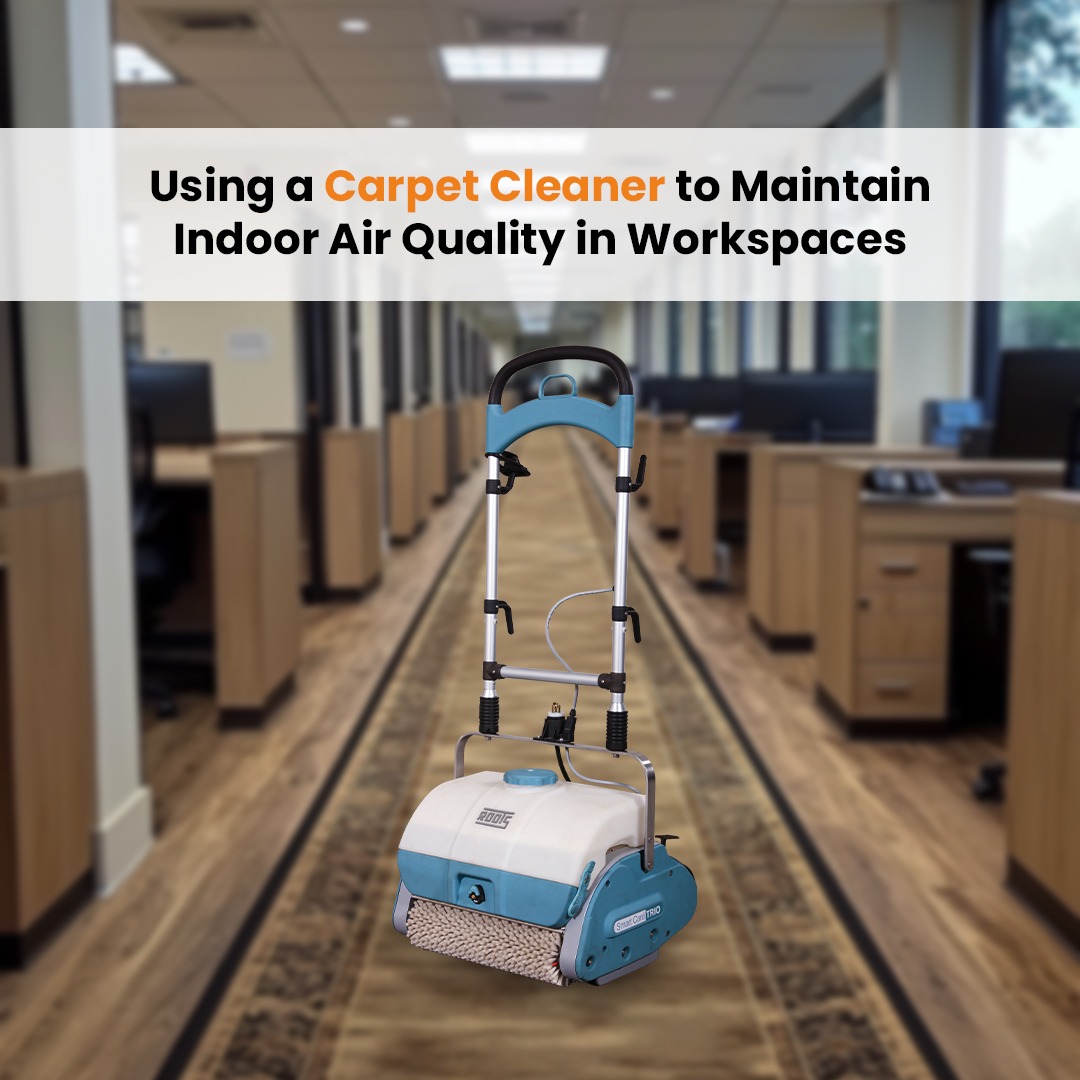
Indoor air quality is often neglected in workplaces, bu...
Read More
Keeping sparkling clean and hygienic floors is a priori...
Read More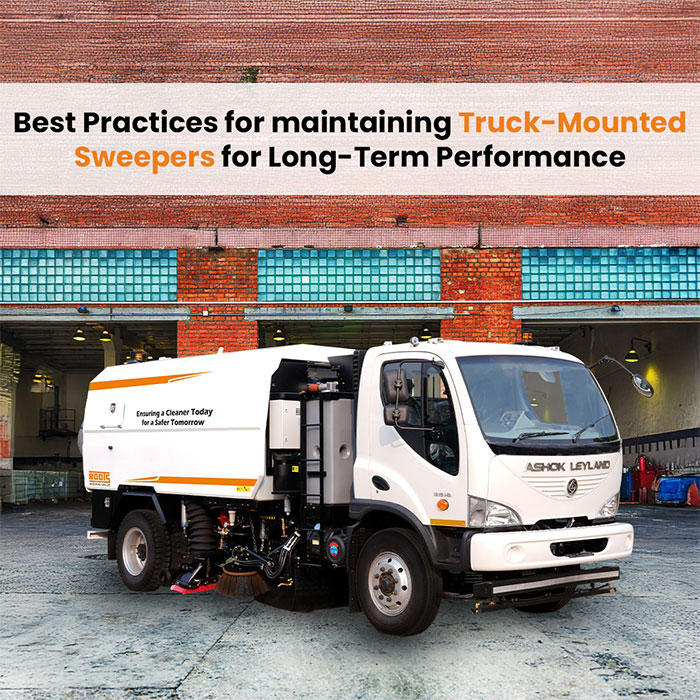
Truck-mounted sweepers are essential for cleaning roads...
Read More
